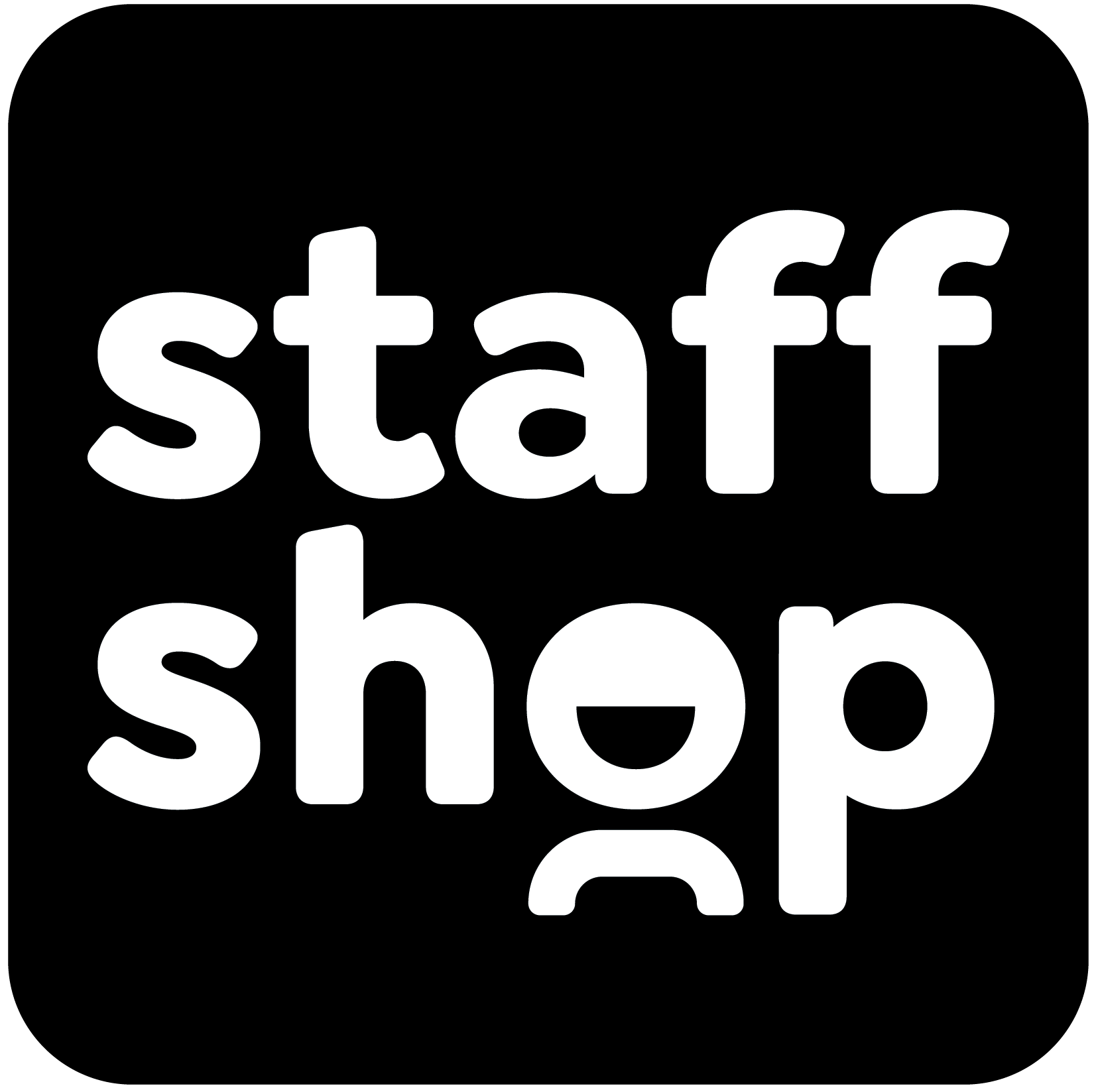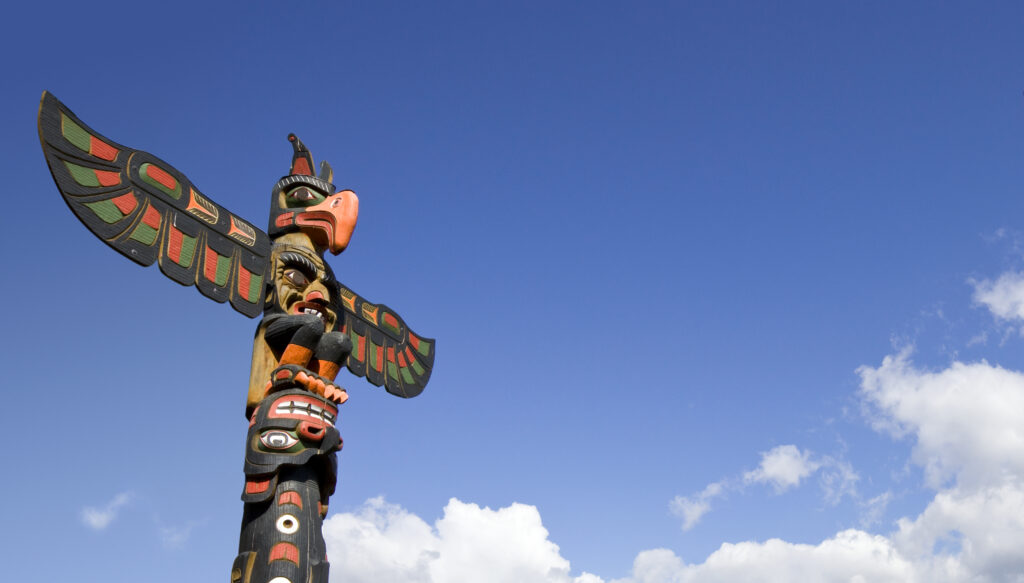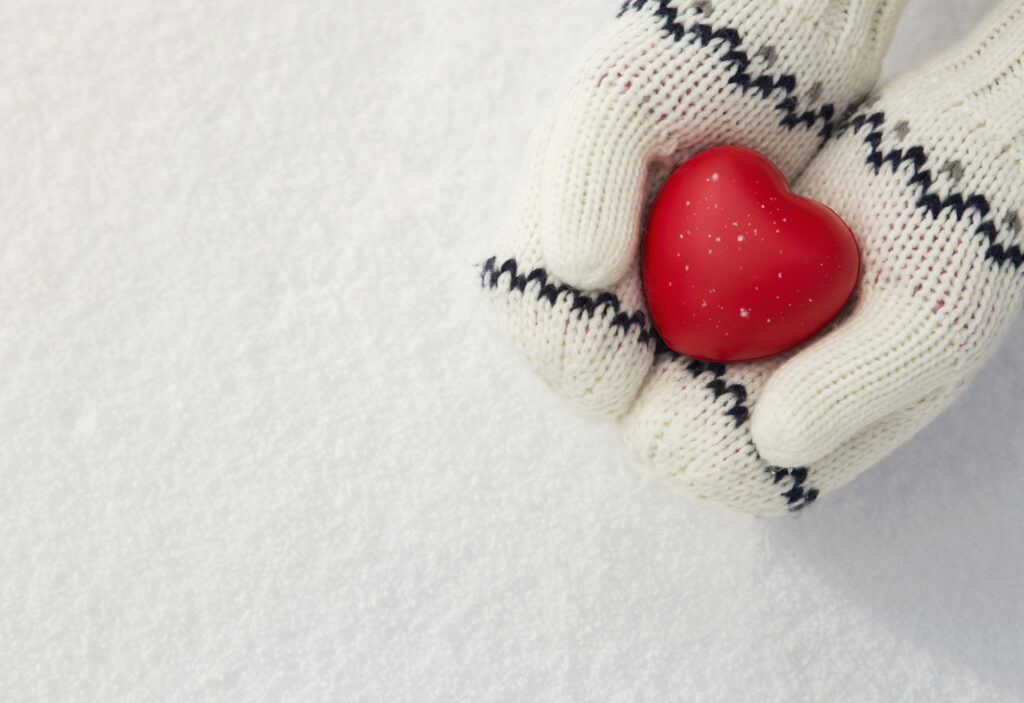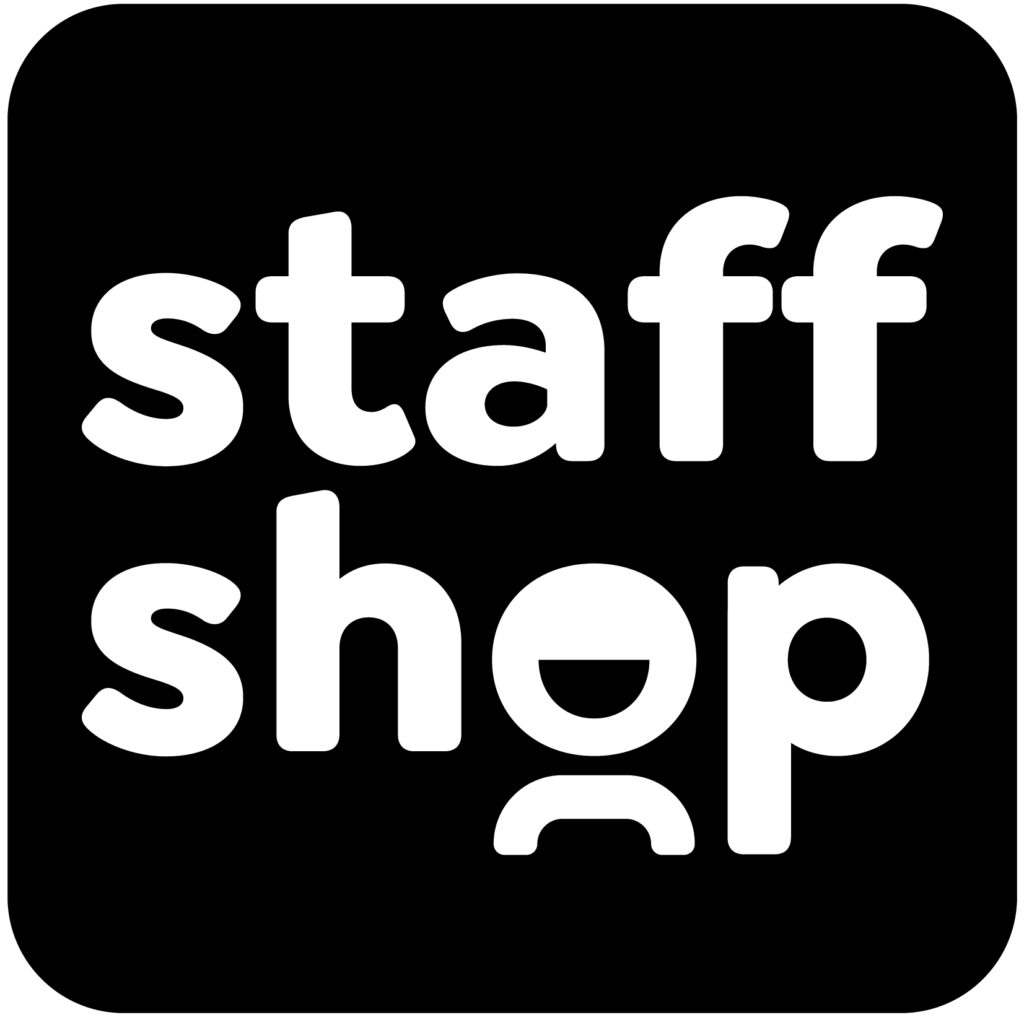“Society depends on businesses contributing to social and economic wellbeing for everyone. The business community must contribute to Indigenous reconciliation in Canada. Start to create Indigenous-related strategies that align with your corporate objectives – from procurement, hiring and relationship building there is much to contribute.” — Kim Baird
When it comes to Indigenous History Month, many Canadians of all ethnic and cultural backgrounds ask how they can get involved. Communities across the country are hosting events with the aim to educate, entertain and honour the unique heritage of Canada’s Indigenous Peoples.
Indigenous Peoples in Canada
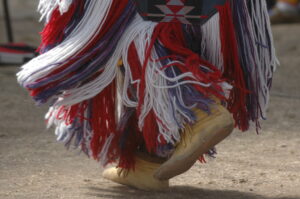
In Canada, there are three main groups of Indigenous People:
- First Nations
- Métis
- Inuit
Within the First Nations group, there are more than 630 communities representing 50 distinct nations, speaking over 70 languages.
The Métis is a unique group, representing people of mixed indigenous and European backgrounds (mainly French and Scottish). This group has its own unique culture and heritage. The Métis are found in the prairie provinces, mainly, but there are pockets of Métis people in Ontario, British Columbia, and in the north, too.
The Inuit are Indigenous Peoples from the northern parts of Canada, such as Nunavut, Northwest Territories, Northern Quebec, and Northern Labrador.
So, when we honour our Indigenous population, we are honouring not one group, but many.
Reasons for Reconciliation
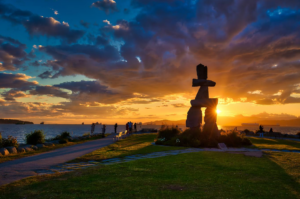
Learning about Canada’s history with our Indigenous population is an important step in achieving reconciliation. While there are many beautiful and positive stories within these communities, there is an undeniably dark past when it comes to how these communities were treated and how racism and economic inequality continues to plague many of these groups today.
Here are some stats that may surprise you:
- 17.1% of Indigenous people live in housing that is unsuitable, inadequate, or unaffordable (compared to 9.4% of non-Indigenous people).
- Access to clean drinking water remains a challenge in many First Nations communities.
- 59% of Indigenous adults (25–64) have a high school diploma or equivalent, compared to 89% of non-Indigenous adults.
- Unemployment rate (pre-COVID): ~10.1% for Indigenous vs. 7.3% for non-Indigenous.
- Shorter life expectancy
- Higher rates of diabetes, suicide, and mental health challenges
- Ongoing impact of intergenerational trauma, residential schools, and systemic racism
- Over 6 in 10 (63%) Indigenous women have experienced physical or sexual assault in their lifetime, compared to about one-third of non-Indigenous women.
- Estimates suggest that as many as 4,000 Indigenous women and girls have been reported missing or murdered over the past 30 years, highlighting a national crisis.
These are just some of the stats showing that there are still many challenges faced by Indigenous communities. And while efforts are being made, it’s up to all Canadians to make a difference.
How you can Honour Indigenous Peoples in June (Across the Country)
There are events taking place across the country to honour Indigenous History Month:
Alberta
- Art Gallery of Alberta
- Calgary Public Library
- University of Calgary – Campfire Chats
- Telus World of Science Edmonton
- Banff Centre for Arts and Creativity
British Columbia
Manitoba
New Brunswick
Newfoundland and Labrador
Northwest Territories
Nova Scotia
Nunavut
Ontario
Prince Edward Island
Quebec
Saskatchewan
Yukon
Donate
Can’t make it to an event? That’s okay! There are plenty of wonderful organizations you can support!
- Water First
- True North Aid
- Native Women’s Association of Canada
- Indspire
- Indigenous Youth Roots
- The Gord Downie & Chanie Wenjack Fund
- National Centre for Truth and Reconciliation
- Victim Services Toronto
- Indigenous Prosperity Foundation
Indigenous-Owned
Did you know that Staff Shop is an Canadian-Indigenous-Women-owned business? Our Founder and CEO, Jennifer Ménard-Shand is First Nations Ojibwe and French-Canadian.
Staff Shop is recognized as a diverse supplier:
- Canadian Aboriginal and Minority Supplier Council (CAMSC – representing Aboriginal and visible minority-owned businesses)
- Canadian Council for Aboriginal Business (CCAB) – Certifies Aboriginal-owned businesses and connects Indigenous and non-indigenous communities
- Women Business Enterprises Canada Council (WBE Canada – representing women-owned businesses)
- WEConnect International (Women Owned) – a global network that connects women-owned businesses to qualified buyers internationally
Jennifer also sits on the board at Victim Services Toronto, an organization that helps victims of crimes such as human trafficking, a crime that disproportionately affects Indigenous women and girls.
Get Involved
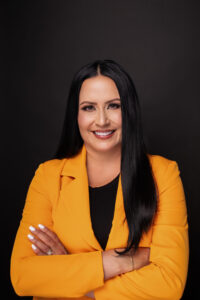
Whether you are Indigenous or an ally, it’s important to get involved with community initiatives. Volunteer, attend an event, donate to an organization. Do something. And don’t stop once June ends. This is a 365 day issue!
If you’re interested in hiring Jennifer to speak on Indigenous topics, hire her for your next corporate event.
“Reconciliation is realized when two people come together and understand that what they share unites them and that what is different about them needs to be respected.” — Wab Kinew
